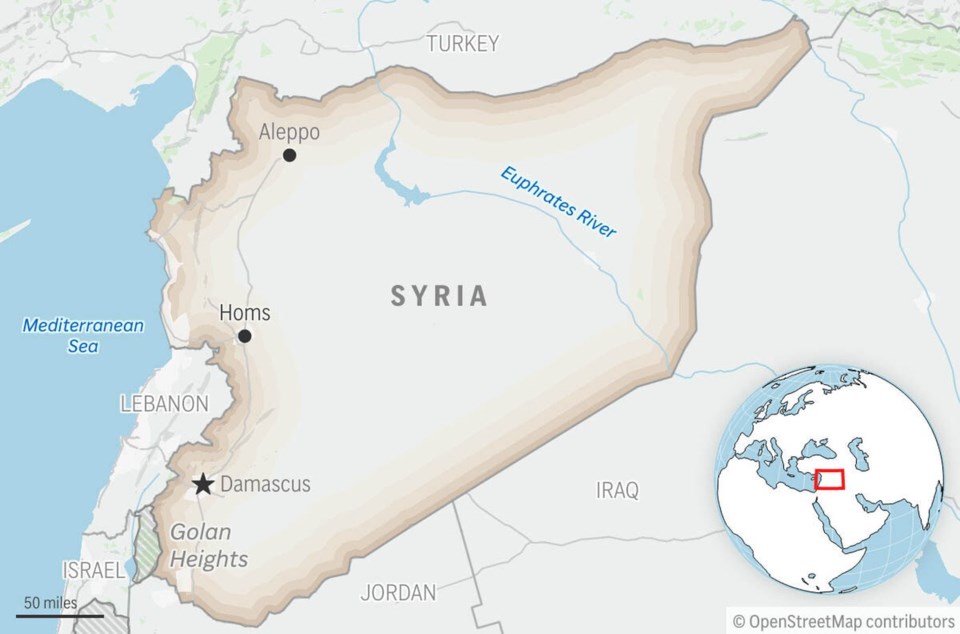Damascus, Syria — Authorities in Syria have confirmed the theft of several ancient Roman-era statues from the National Museum of Damascus, prompting the temporary closure of the country’s most prominent cultural institution. The brazen theft occurred over the weekend and has raised alarm within the global archaeological and heritage community.
Two officials from Syria’s Directorate-General for Antiquities and Museums (DGAM) told the Associated Press that six marble statues were taken from the museum’s classical antiquities department. The theft, believed to have occurred late Sunday night, was discovered early Monday when staff found one of the department’s doors forced open and several display cases emptied.
“The investigation is ongoing, and all security footage is being reviewed,” one of the officials said, speaking on condition of anonymity due to government restrictions on public statements.
The National Museum of Damascus, located in the heart of the capital, is Syria’s largest and most significant repository of antiquities, housing treasures that span millennia — from prehistoric artifacts to Byzantine mosaics. Many of its exhibits showcase relics from the Roman, Greek, and Mesopotamian periods, reflecting Syria’s pivotal role in ancient world history.
The theft comes at a time of deep national turmoil, as Syria continues to grapple with instability following 14 years of civil war and the collapse of the Assad family’s five-decade rule last year. Despite reinforced security measures — including the installation of metal gates and surveillance cameras during the war — the museum remains vulnerable amid ongoing political and economic chaos.
Experts fear the stolen statues could soon surface on the black market for antiquities, where looted Middle Eastern artifacts have fetched high prices from private collectors and smugglers. International heritage organizations have previously warned that the looting of museums and archaeological sites in Syria has reached alarming levels, threatening the country’s irreplaceable cultural legacy.
“This incident underscores the urgent need for enhanced protection of Syria’s historical treasures,” said a former DGAM consultant familiar with the museum’s operations. “The loss of these statues is not just a national tragedy — it is a loss for human history.”
The Syrian government has not yet issued an official statement regarding the theft, but cultural authorities have confirmed that the National Museum of Damascus will remain closed until the investigation concludes and additional security measures are in place.

